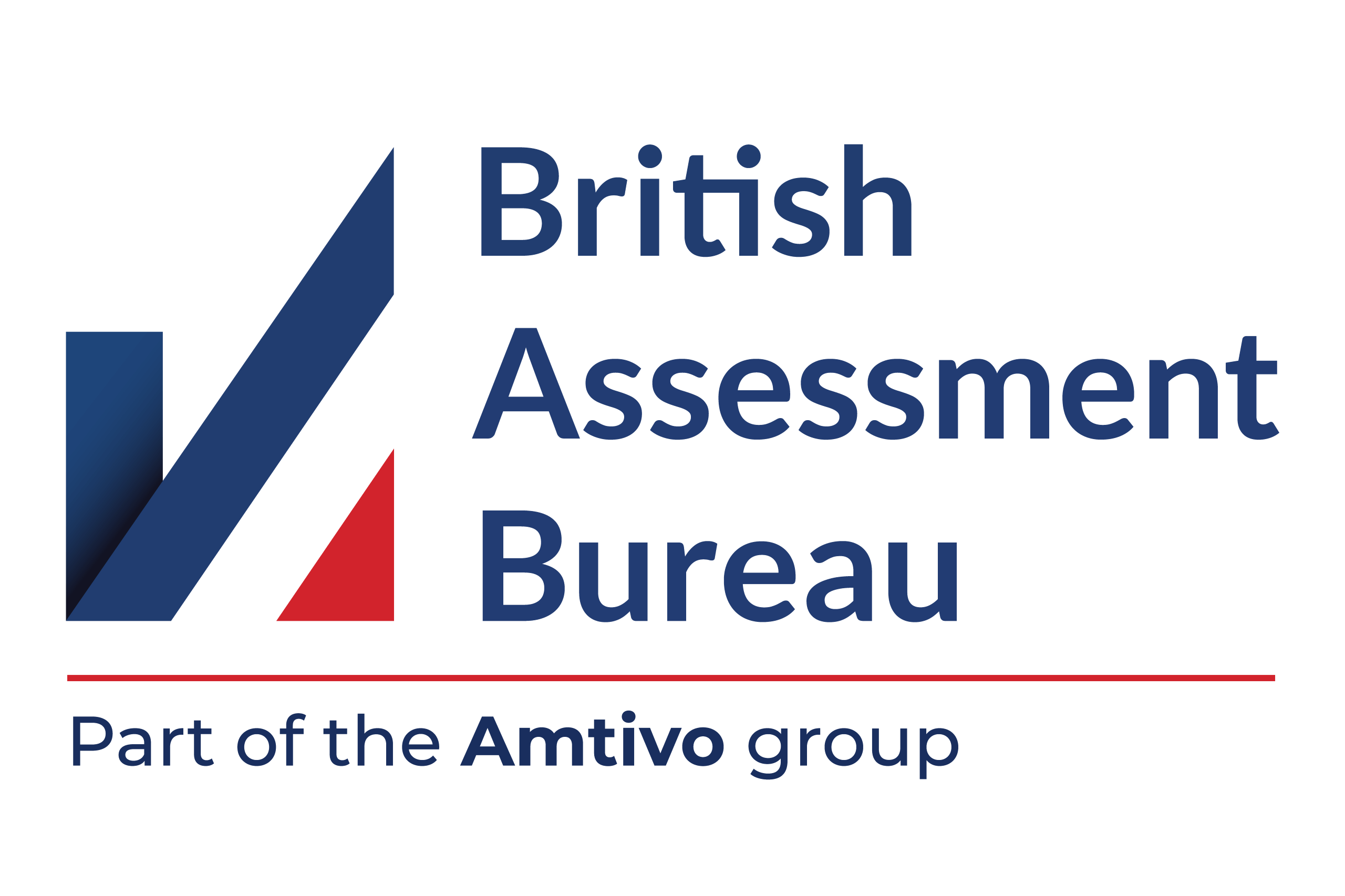Every 19 seconds, a small business in the UK is successfully hacked. Plus, 38% of UK companies said they lost business because of some sort of security issue. What might be the impact if your business was hacked? How would you cope if you lost all of your data or access to key systems?
Having the correct cyber-security measures in place could protect your business from the risk of a devastating hack. While it might take some additional effort and money to set up, it’ll all be worth it in the end when you can successfully block malicious attacks.
We have pulled together the top 6 cyber security measures small businesses should take in order to protect their business data and operations from cyber-criminals.
1. Have secure Wi-Fi networks
It’s pretty much a given that your employees need to get on the internet to do work. They’ll need to either communicate with one another and/or contact clients and suppliers.
The most important thing you can do when it comes to the internet is create secure wi-fi networks. Never have an internet connection that’s open to the public, as anyone can just connect and compromise your network safety.
Always set strong passwords that are only given to those who need access. Make sure it’s clear that they are not to share the password with anyone else or write it down where someone else could access it.
On that note, you should also have one network for employees and a separate one for visitors and clients. That way, if the latter is compromised, you won’t have to worry about cybercriminals having access to sensitive data, as all that’s on the work network.
2. Turn on firewalls and have a robust antivirus
Firewalls are like the gatekeepers for your network’s traffic, both in and out. Without one, you can download nasty malware and leak sensitive data as well.
Most (if not all) devices come with firewalls already, so all you need to do is make sure you have them turned on.
In addition, you can get another layer of security by installing a robust antivirus programme on all devices. This should stop anything from entering your network if the firewall didn’t catch it.
The most important thing to do is keep your firewall and antivirus updated. Hackers are always trying to find ways into your network; patches and updates plug up potential holes they can exploit. So it’s vital that you install these patches and updates as soon as they come out.
3. Have good password practices
Employees should be using strong passwords on their own devices and separate accounts. They shouldn’t be reusing passwords (or variations of them) across different accounts. Should a cybercriminal succeed in guessing a password, then access will at least be limited to just that account, no other ones.
Non-dictionary words are the strongest, as they decrease the chances of brute force and dictionary attacks succeeding. You should also use a combination of uppercase letters, lowercase letters, numbers, and symbols if possible.
Whether it’s employee or wi-fi passwords, you should also make sure all passwords are changed on a regular basis too. That way, if a hacker manages to guess a password, by that time, it may be outdated already.
Another thing you should do is enable multifactor authentication if possible. This means that if your password is compromised, the hacker still can’t get through because they can’t successfully get through the other steps. This is because they usually involve tasks that only you can complete (such as receiving a code via text message to your phone, which you then re-enter onto another device).
4. Always back up your data
You may have heard of WannaCry. This was ransomware that hit the globe in 2017, which devastated even the biggest of organisations, such as the NHS.
Ransomware does exactly what you think it does: hold your data ransom. It locks up your device so you can’t access it until you pay the hacker whatever they want (usually Bitcoin). But even if you pay the ransom, they don’t always release your data, which means it can be lost forever. Travelex suffered a devastating hack that they never fully recovered from.
But that can all be easily avoided if you regularly back up your data. If your business is unfortunate enough to fall victim to ransomware, then all you need to do is wipe the computer and start again with the backed-up data.
You should be backing up your data in multiple places anyway. That way, if any disaster strikes (such as flood or fire), you have everything you need, safely stored away.
5. Have proper employee training
Most of today’s hacking attempts are through social engineering. This is where cybercriminals don’t directly take your information, but rather, trick you into handing it over.
Having a designated cybersecurity officer (CSO) can do wonders for your office. Your employees are actually the first line of defence, so you need to make sure they’re well-trained in spotting social engineering attempts. A CSO can teach them the warning signs and keep them up-to-date on new attacks.
6. Get ISO-certified
“ISO” stands for the “International Organisation for Standardisation.” They are an organisation responsible for both developing and publishing international standards.
By applying for a certification like ISO 27001, you’ll be able to identify weaknesses in your small business cybersecurity approach. That certification can be just the push you need to tighten everything up.
Once you’ve met the rigorous requirements, you can have full confidence knowing that you’ve done everything you can to protect not only your data, but also your clients’ data. When they know that you’re proactive in data protection and cybersecurity, they’ll be more inclined to choose you over your competitors, plus stay with you for the long run.
Put these cybersecurity measures for small businesses in place
After reading this article, you should now know a few ways to implement cybersecurity measures for small businesses. By doing so, not only will you protect your data better, but you’ll also have more to offer your clients.
Seeing as it’s a win-win situation, it’s in your best interest to get a small business cybersecurity plan in place as soon as possible. Once you do, you can then get ISO-certified. This will give your company a USP that many of your competitors can’t match!
Would you like your business to get ISO-certified? Then get a quote from us now. You can also give us a call if you want some immediate assistance – call 0800 404 7007 (Mon-Fri 8am to 5pm).

